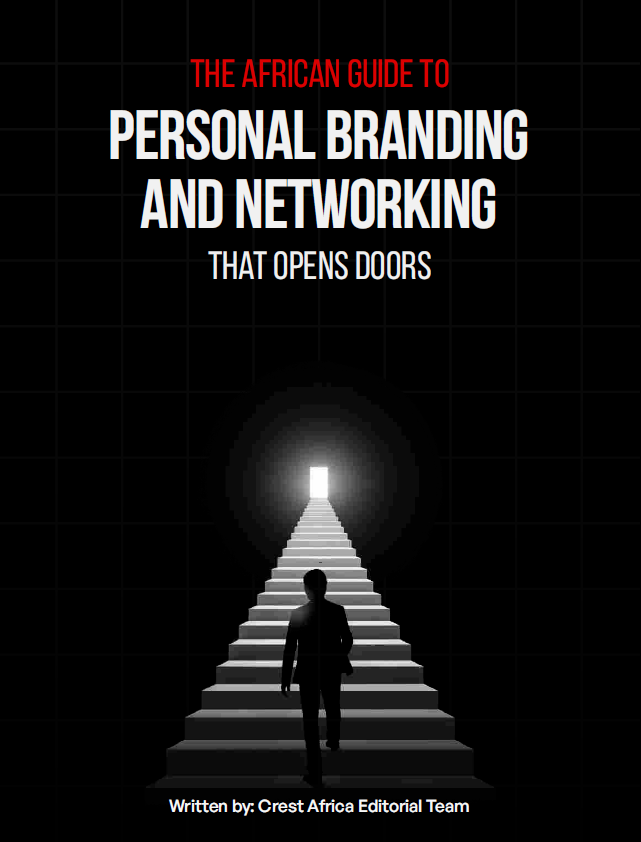Guinea, Africa’s largest bauxite producer and a critical player in the global aluminium supply chain, has revoked 46 mining licences as part of sweeping reforms to tighten government oversight and realign the industry with national development priorities.
The cancellations, confirmed by government officials and reported by Reuters, come amid a broader effort to crack down on regulatory violations and enforce compliance across the mining sector. Sources suggest that up to 53 permits may ultimately be affected.
Analysts view the move as a clear signal to both local and international operators that Guinea’s military-led administration intends to ensure that mining activities deliver tangible economic benefits for the country.
“These are just small, underperforming licences,” a mining analyst familiar with the situation told Reuters, adding that the market impact is expected to be minimal given the scale of Guinea’s overall output.
The revoked permits span bauxite, gold, diamond, and graphite operations, though officials maintain that the focus remains on companies that failed to meet investment obligations or breached operational guidelines.
Guinea holds the world’s largest reserves of bauxite and supplies more than a quarter of global demand.
The sector is a cornerstone of the country’s economy, generating billions in export revenues annually, with China accounting for the largest share of its exports.
In 2023 alone, bauxite exports rose by 11 percent compared to the previous year, further entrenching Guinea’s status among the top global producers alongside Australia, China, and Brazil.
Bauxite, the primary source of aluminium, is essential in sectors ranging from construction to automotive manufacturing.
With international interest high, Guinea’s leading producers are projected to mine over 200 million tons by 2025—a 35 percent increase over last year’s record output.
But while production is on the rise, Guinea’s government is focused on long-term value.
The current round of licence revocations forms part of a broader regulatory shift designed to boost state revenues, encourage domestic beneficiation, and reduce the export of raw materials.
Authorities are actively pushing mining companies to invest in local infrastructure, including alumina refineries, to ensure that more value is added within the country.
“It can be interpreted as a warning to mining companies that the government intends to see projects developed according to agreed terms,” said an adviser at a pan-African consultancy firm.
Guinea’s move aligns with a growing trend across the continent, where governments in countries like Ghana, Niger, Mali, and Burkina Faso are reassessing their control over natural resources and cracking down on underperforming or non-compliant mining operators.
For Guinea, the message is clear: compliance is no longer optional, and the country’s vast mineral wealth must translate into sustainable growth and development for its people.



